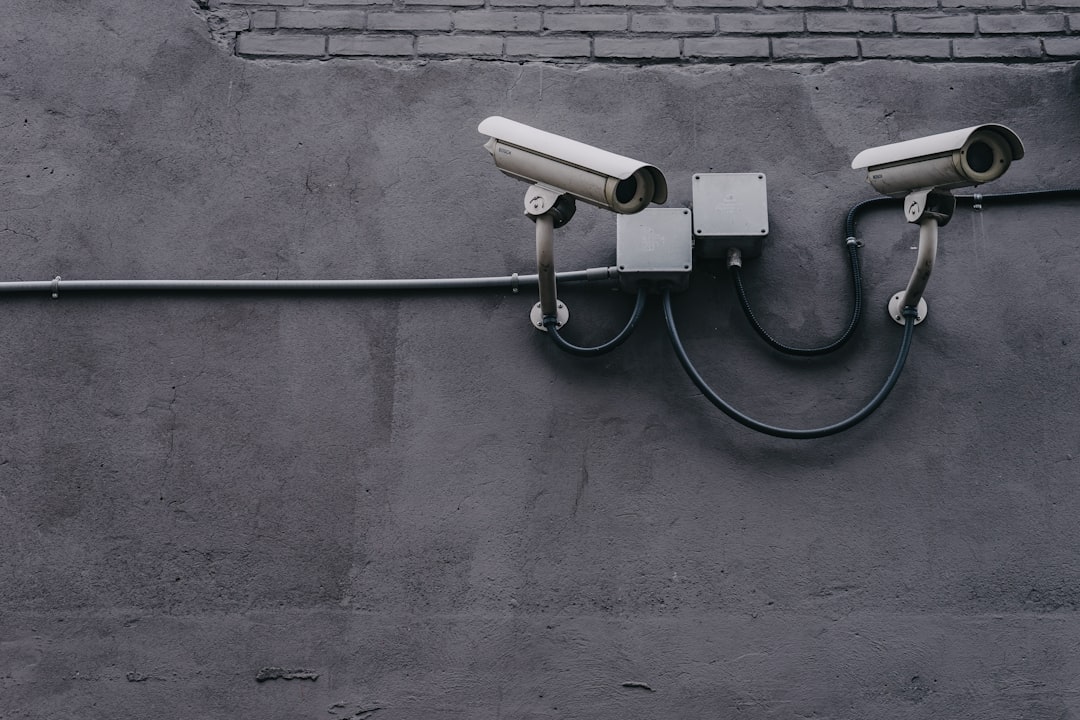
How to use a VPN for anonymous browsing?
In today’s digital world, online privacy has become a growing concern for individuals across the globe. With so much personal data being transmitted every time we log in, interact, or shop online, protecting our identity and information has never been more crucial. One effective way to enhance online anonymity is by using a Virtual Private Network, or VPN. But how exactly does a VPN work, and how can you use it effectively for anonymous browsing? Let’s dive into the details.
What is a VPN?
A VPN is a secure conduit between your device and the internet. It encrypts your data and routes it through a remote server operated by a VPN service. This masks your IP address, making your online actions virtually untraceable. In simple terms, a VPN allows you to appear as if you are browsing from a different location, all while safeguarding your privacy.

Why Use a VPN for Anonymous Browsing?
There are several compelling reasons to use a VPN for anonymous web activity:
- Hide Your IP Address: Your IP address can reveal your location and browsing history. A VPN masks this detail, hiding your identity from websites and online trackers.
- Encrypt Your Data: VPNs encrypt your internet traffic, making it unreadable to hackers, your ISP, and even government agencies.
- Bypass Geo-Restrictions: Many sites and services restrict access based on location. A VPN helps you hop virtual borders effortlessly.
- Access Restricted Networks: In some regions, internet access is heavily monitored or censored. Using a VPN opens the doors to a freer web.
How to Use a VPN for Anonymous Browsing
Using a VPN is fairly straightforward, but to ensure complete anonymity, follow these steps carefully:
- Choose a Reputable VPN Service
Not all VPNs are created equal. Look for a service that offers strong encryption, a strict no-logs policy, fast speeds, and server locations around the world. Some of the most trusted providers include NordVPN, ExpressVPN, and ProtonVPN. - Download and Install the VPN App
Most VPN services offer dedicated apps for Windows, macOS, Android, iOS, and even Linux. Install the right version for your device. - Sign In and Connect to a Server
After launching the app, sign in with your credentials. Then select a server, preferably in a location that aligns with your needs (such as bypassing geo-blocks or accessing local content anonymously). - Enable the Kill Switch and Other Privacy Features
A kill switch ensures your data isn’t leaked in case the VPN connection drops. Other features might include DNS leak protection, split tunneling, or multi-hop connections. Activate these features for improved security. - Disable WebRTC and Use Privacy Browsers
Even with a VPN, some browser technologies like WebRTC can leak your real IP address. Disable WebRTC in your browser settings and consider using privacy-focused browsers like Brave or Firefox withuBlock Origin.
What to Avoid While Using a VPN
To maintain true anonymity, be mindful of the following:
- Logging Into Identifiable Accounts: If you log into services like Facebook or Gmail, your browsing becomes traceable to your identity, defeating the purpose of a VPN.
- Ignoring Browser Fingerprinting: Websites can still track you through subtle browser traits. Use anti-fingerprinting tools and browser extensions designed for privacy.
- Free VPN Services: Many free VPNs log your data or insert ads into your browsing experience. Always read privacy policies carefully.

Conclusion
Using a VPN for anonymous browsing is a powerful step toward reclaiming your digital privacy. While it’s not a one-size-fits-all solution, combining a VPN with responsible browsing practices provides a strong defense against prying eyes. Whether you’re trying to circumvent censorship, keep your searches private, or stay safe on public Wi-Fi, a VPN is an invaluable tool for anyone who values their online freedom.
So take the first step today—choose a trustworthy VPN, stay informed, and browse with confidence.